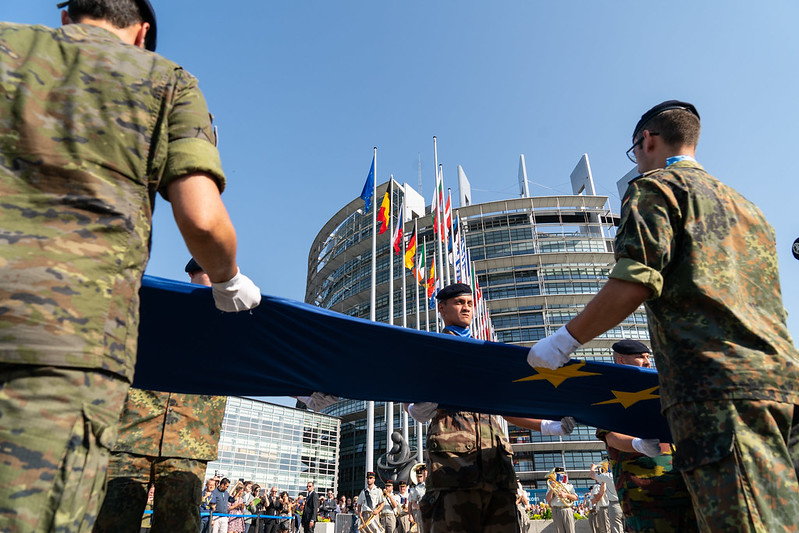European Defence Union (EDU) initiatives are proceeding at full steam ahead with the political backing of both the EU institutions and key Member States. The fourth wave of Permanent Structured Cooperation (PESCO) projects is but a recent example of such, with the Directorate-General for Defence Industry and Space (DG DEFIS) set to dole out its first tranche of European Defence Fund (EDF) appropriations in the coming months. Alongside this, the European Defence Agency’s (EDA) annual defence data report has highlighted the progress made in EU-wide defence expenditure, despite the economic fallout from Covid-19. The framework guiding the consolidation of a dynamic and integrated European Defence Technological and Industrial Base (EDTIB), however, requires some fine-tuning. If EDU initiatives are to incentivise more inclusive and better funded projects essential to remedying the shortfalls identified by the EDA’s Capability Development Priorities (CDPs), reducing the number of systems operated at EU level, and enhancing interoperability, then several key proposals outlined in this paper should be considered. These include:
- Ramping up EU efforts to better ground the operationalisation of the EU’s Level of Ambition in its capabilities funding and development cycles. Financial incentives should not only be directed towards joint procurement, but also the joint operation of jointly developed equipment. A de-fragmentation of the EDTIB requires raising the bar for EDF eligibility from the current ‘three entities from three Member States’ rule.
- Ensuring that European funding programmes are synchronised and complementary to NATO. DG DEFIS should follow up on its commitment to seek greater civil-defence-space R&D synergies by opening the EDF up to public-private partnerships in cooperation with the EDA’s Defence Innovation Hub. This then would allow for venture capital firms to bundle and channel low-risk investments into defence and dual-purpose start-ups and SMEs, particularly in Central, Eastern and South-eastern Europe.
- Adopting a generous interpretation of the EDF’s legal framework to allow for the increased involvement of third country entities in its programming. Just as some duplication with NATO is necessary despite the resistance of staunchly pro-NATO Member States, some capabilities development will involve a degree of dependency on third country entities even though this may be anathema to fervent supporters of greater strategic autonomy.
- Enhancing Member State accountability through a more transparent and detailed reporting process, supported by an upgraded European Parliament Security and Defence Committee.


